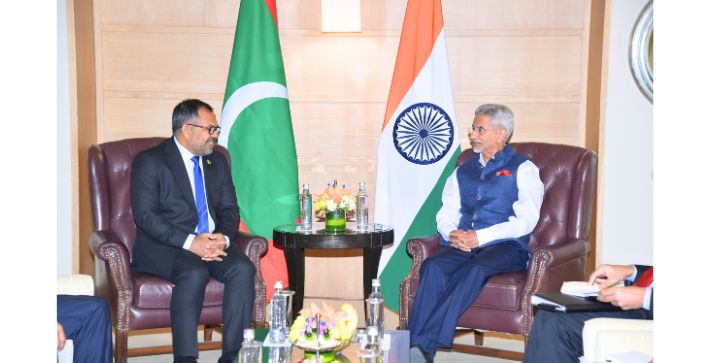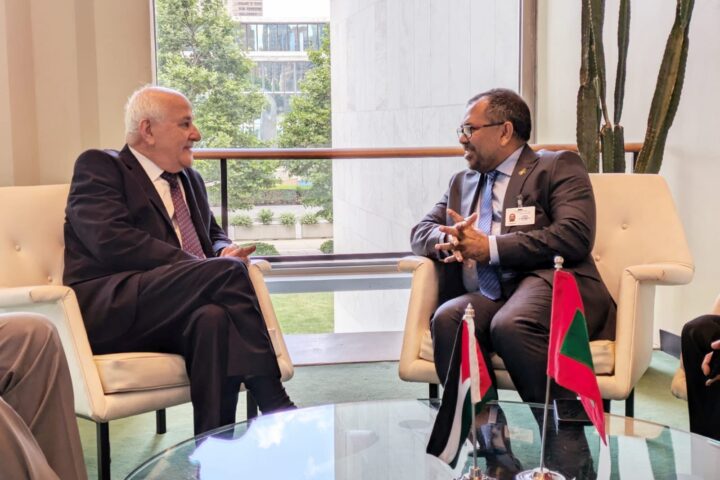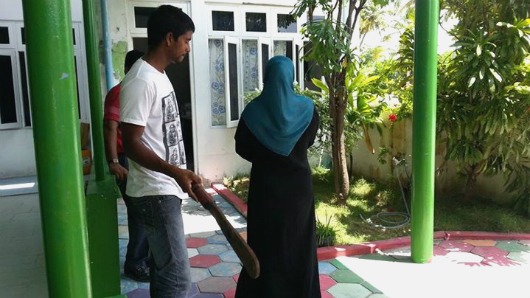As South Asia’s preeminent democracy and economic engine, India plays an influential role in shaping regional geopolitics. Its engagement with neighbors in the Indian Ocean realm reflects the delicate balance regional actors must strike.
India’s recent $50 million rollover of debt to the Maldives was lauded by Maldivian Foreign Minister Moosa Zameer as “a genuine gesture of goodwill.” The move underscores India’s stated commitment to fostering stability and prosperity among neighbors.
However, this gesture follows a period of strained relations between India and the Maldives. Remarks from Maldivian officials, including the president’s assertion that “you can’t bully us,” have emboldened certain segments in the Maldives to eschew diplomatic niceties.
India grounds its regional cooperation approach in the “SAGAR” doctrine (Security and Growth for All in the Region), recognizing nations’ interconnected security and development. Yet, as with the Maldives, such overtures can inadvertently fuel perceptions for political reasons when external actors are seeking a foothold in the region.
Critics in the Maldives argue that India’s generosity masks strategic efforts to counter rising Chinese influence. However, this perspective overlooks the nuanced vision of India, which emphasizes that regional stability and prosperity are vital for its own growth and security. For instance, amidst the Sri Lankan crisis, where China maintained a bystander role, India’s engagement focused on supporting regional stability and upholding democratic principles, rather than solely countering Chinese influence. This illustrates India’s broader commitment to fostering a stable and prosperous region, irrespective of geopolitical rivalries.
Moving forward, India’s regional diplomacy will require deft navigation. This strategic generosity aligns with shared aspirations across South Asia, from Sri Lanka to Nepal and Bangladesh. India has consistently provided aid, reflecting mutual interests.
— India in Maldives (@HCIMaldives) May 13, 2024
Divergent Maldivian responses underscore how even well-intended gestures can face skepticism when grassroots-level discussions are not handled responsibly by the sitting government, as is the case with the lethargic style of governance observed in the MDP’s approach. India’s challenge lies in addressing legitimate concerns while reinforcing the collective destiny underpinning its cooperation approach.
Ultimately, India’s regional diplomacy tests its ability to wield influence while respecting neighbors’ autonomy. By nurturing robust partnerships and trust, India can contribute to a more harmonious, prosperous regional future.
On addressing escalating India-Maldives tensions, the concept of “Reciprocal Sensitivity” emerged as pivotal for bilateral ties. Coined by India’s External Affairs Minister, it highlighted mutual respect’s imperative in diplomatic discourse. Subsequently, the Maldivian Foreign Minister, during high-level New Delhi talks, expressed remorse over derogatory remarks by three junior Ministers, pledging such incidents would not recur – reaffirming commitment to upholding decorum between neighbors. This exchange not only reflects navigating strained ties’ complexities but underscores constructive dialogue’s significance in defusing tensions and fostering amicable regional relations.













